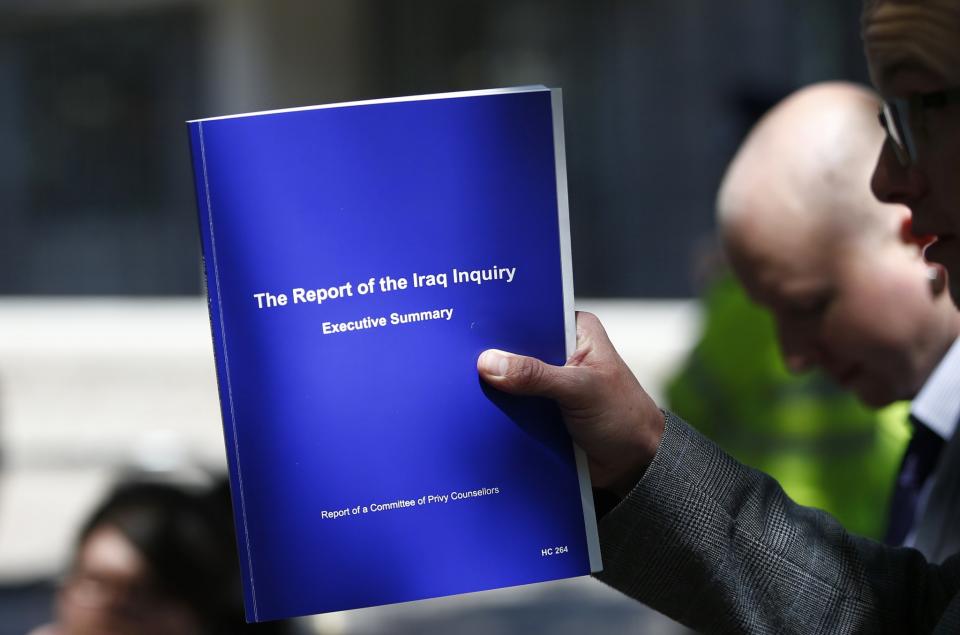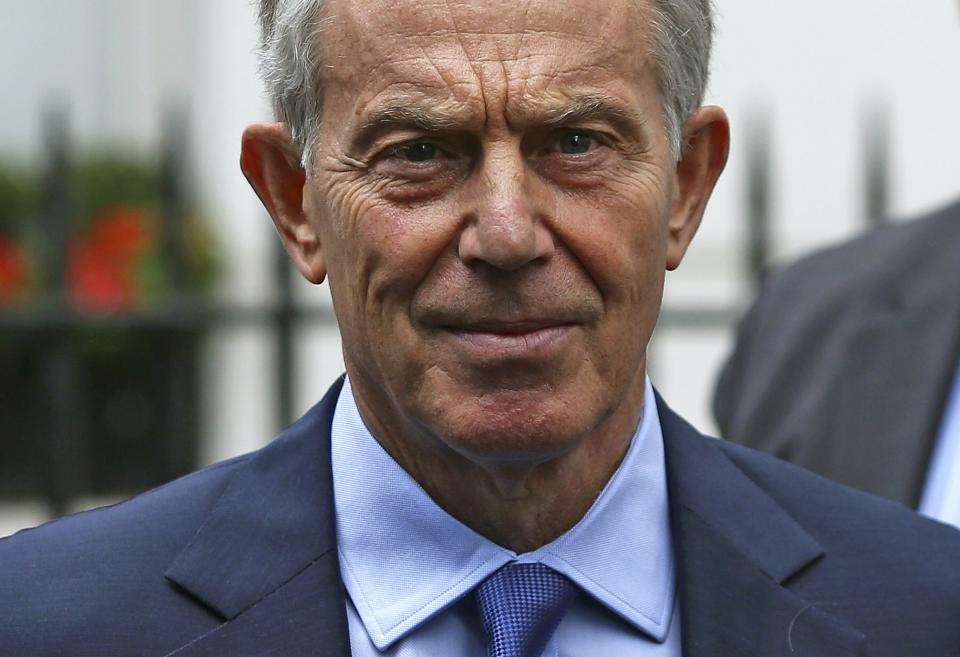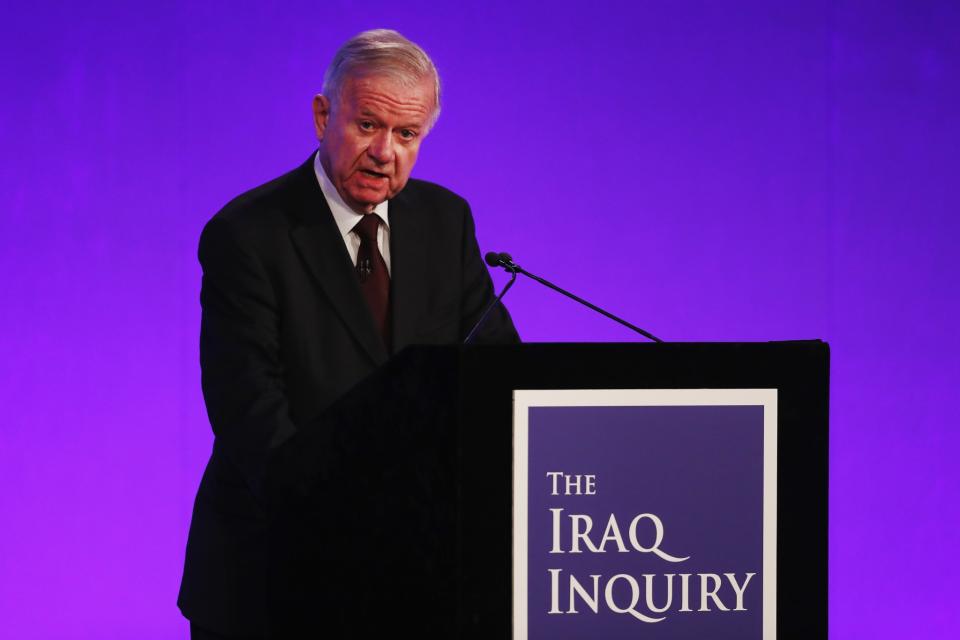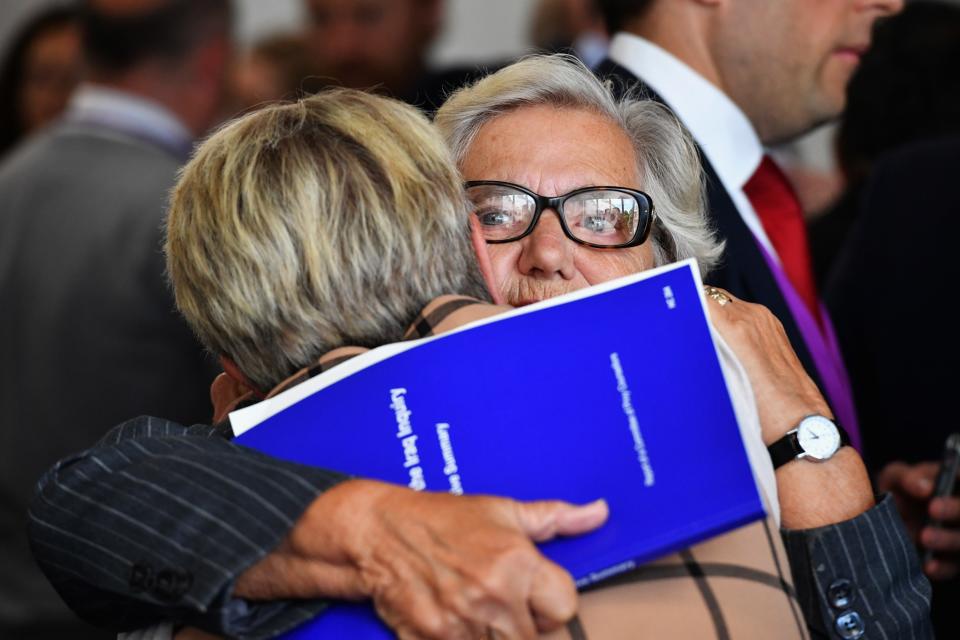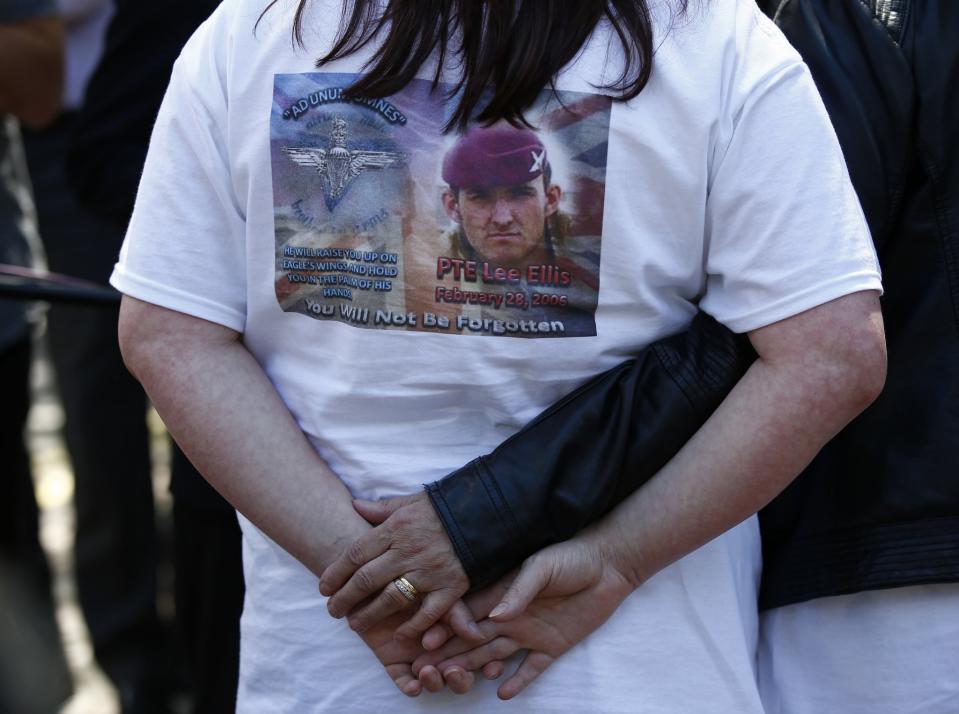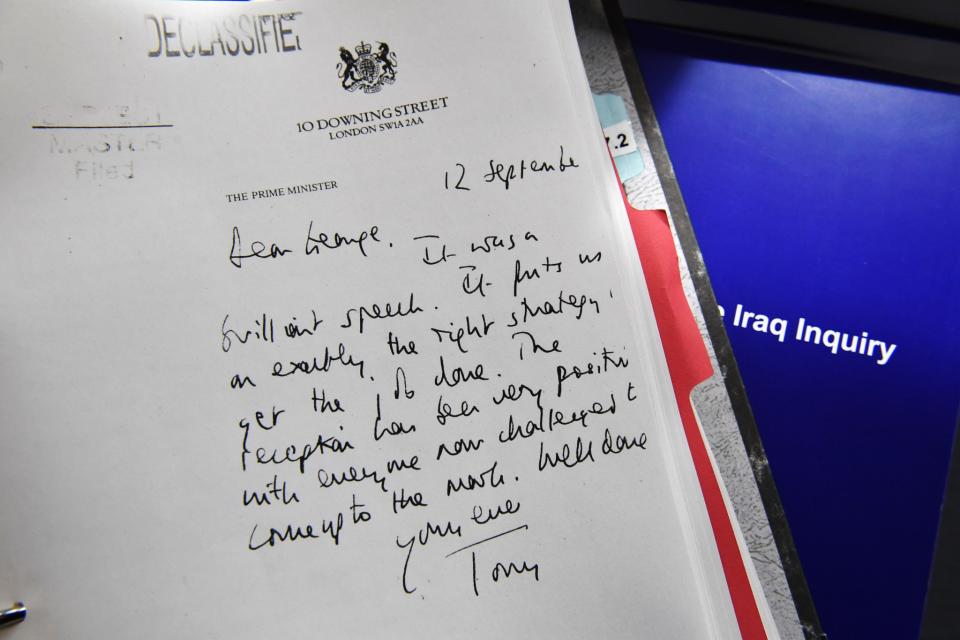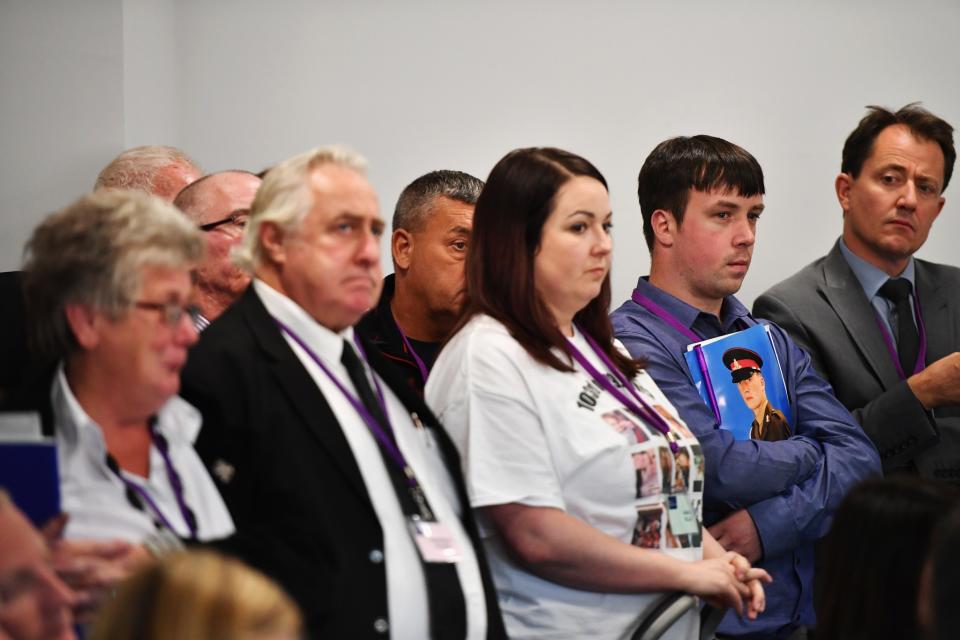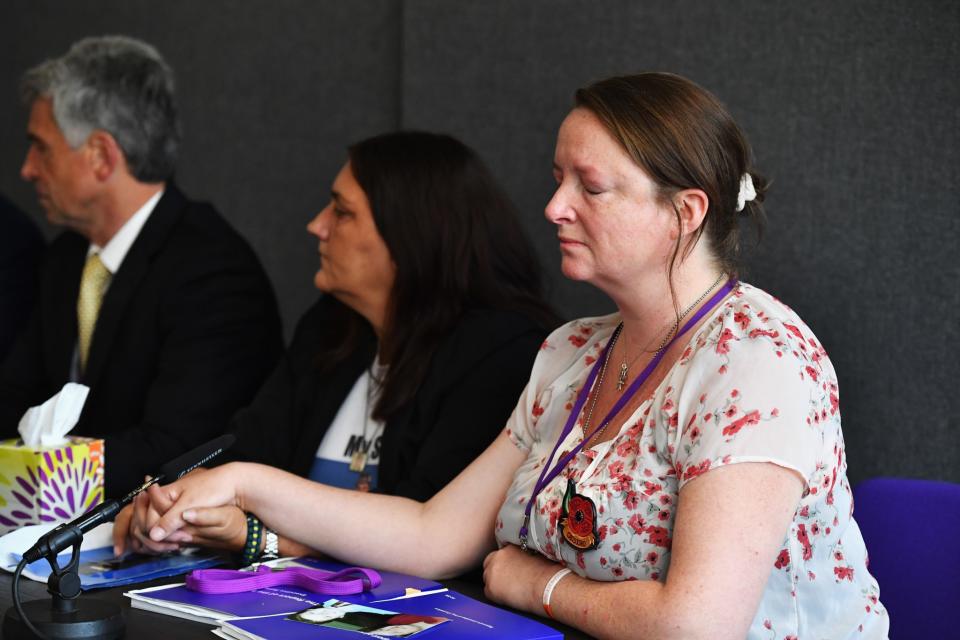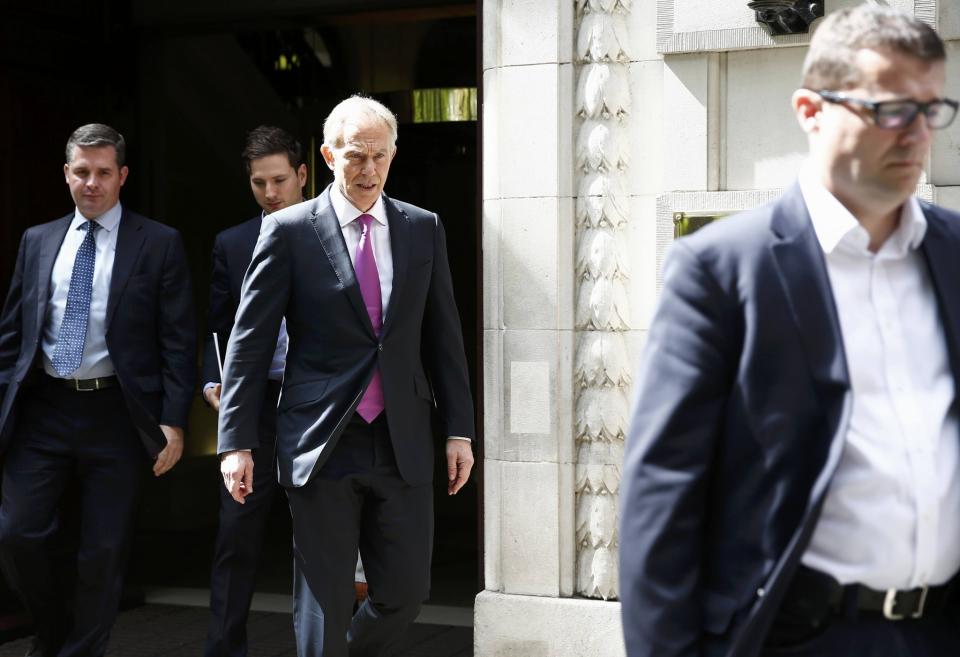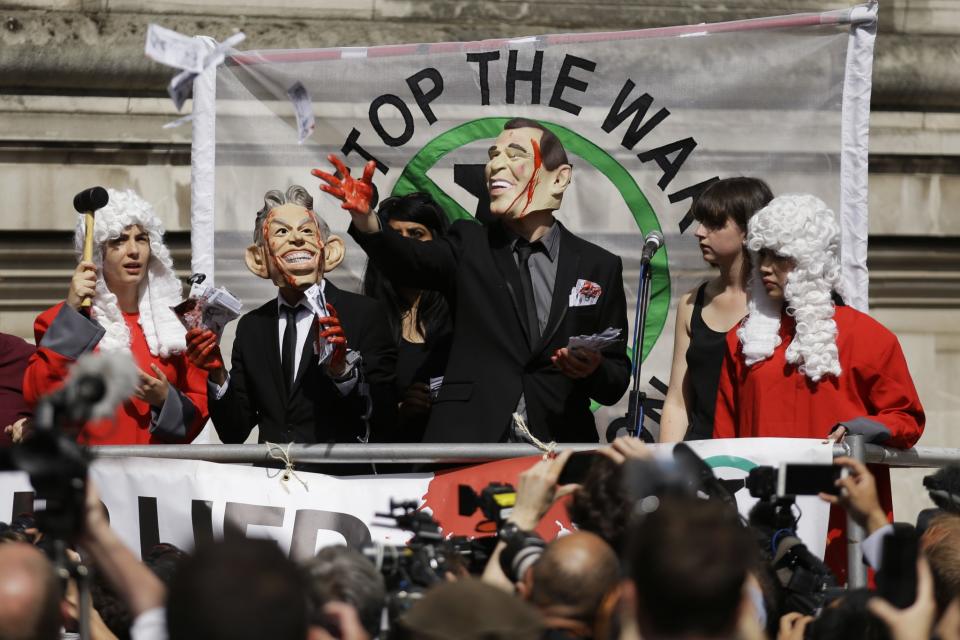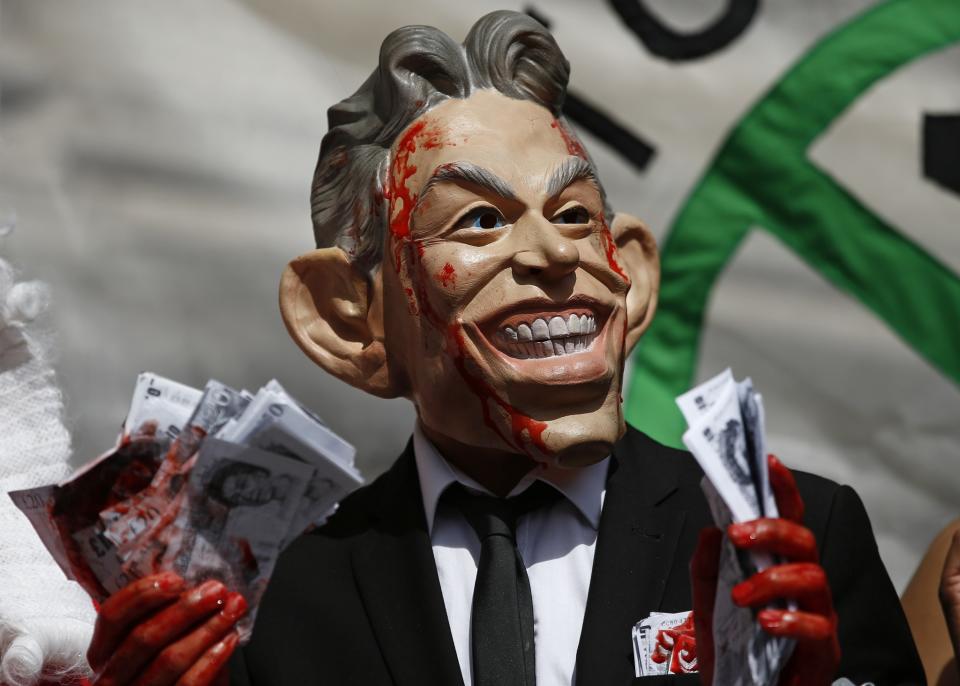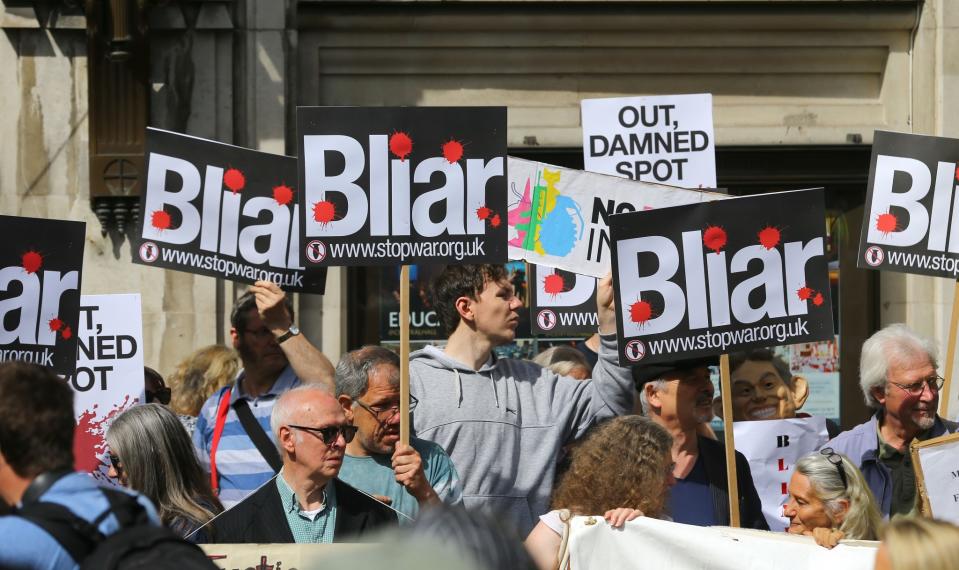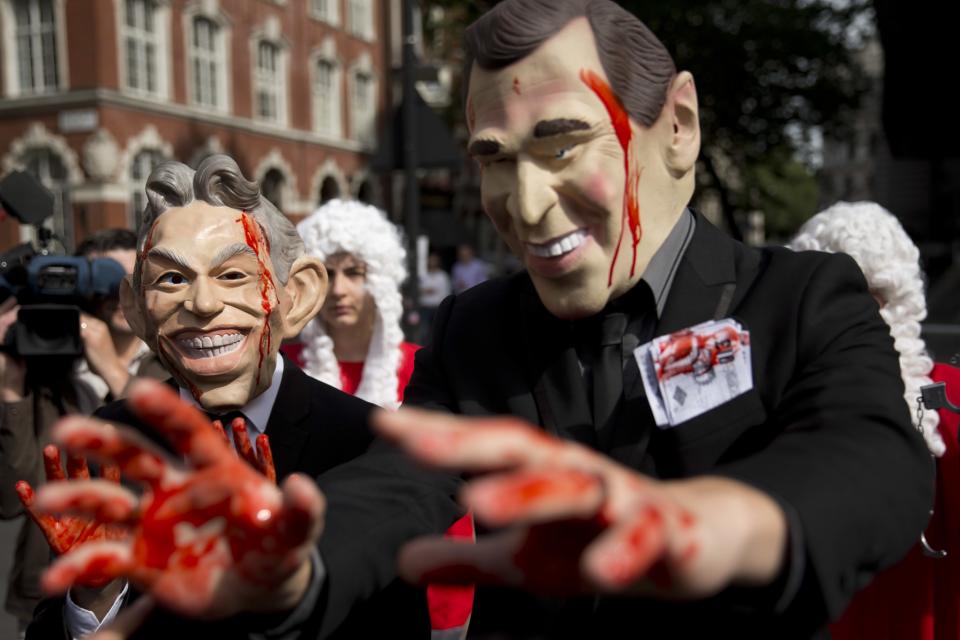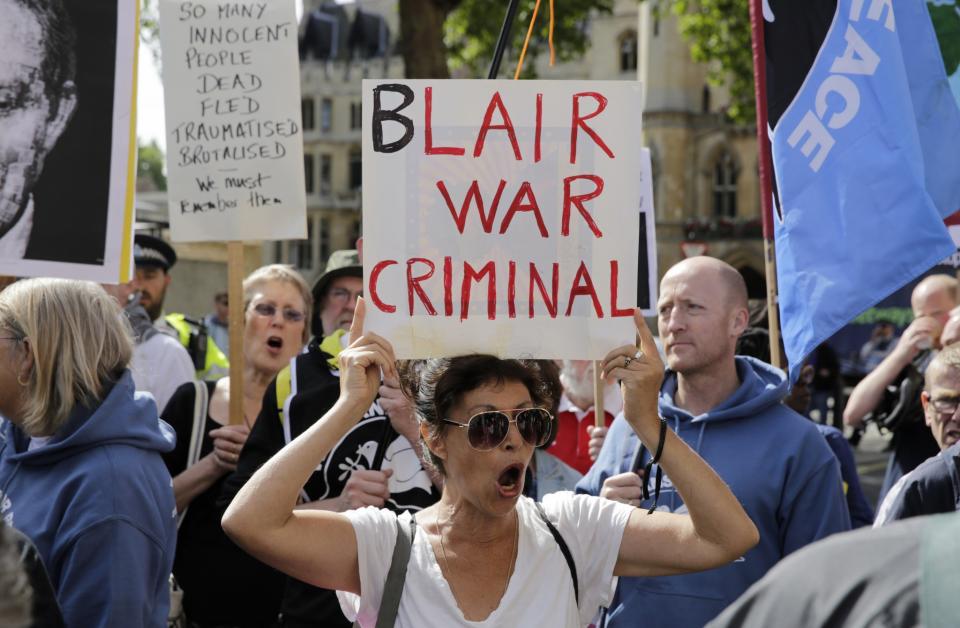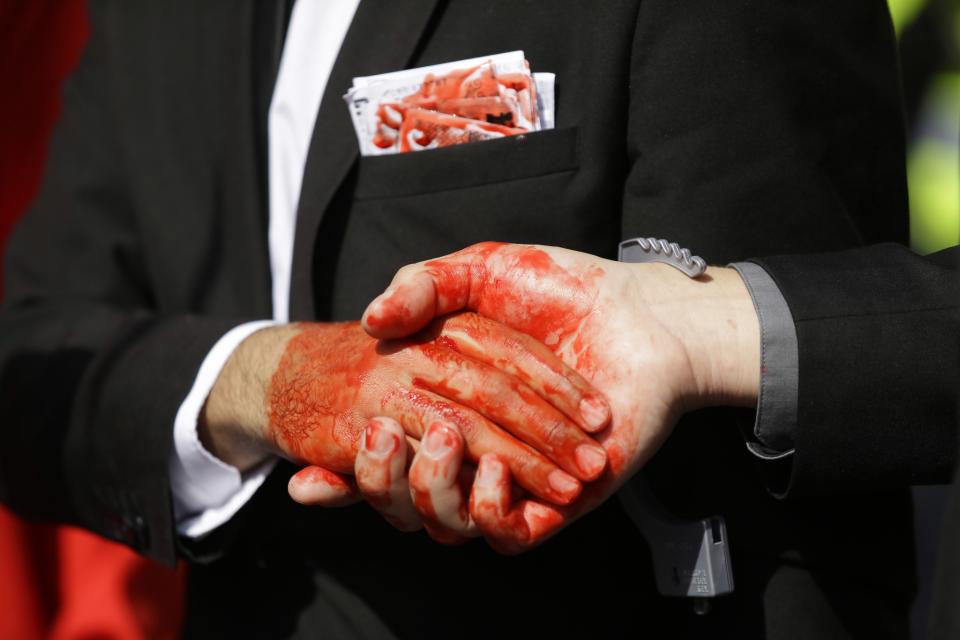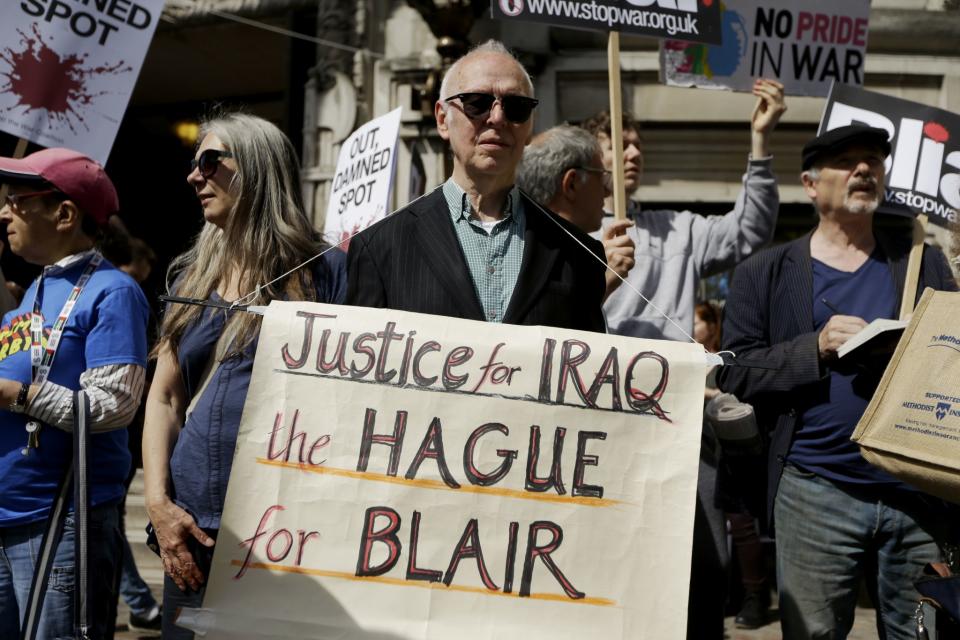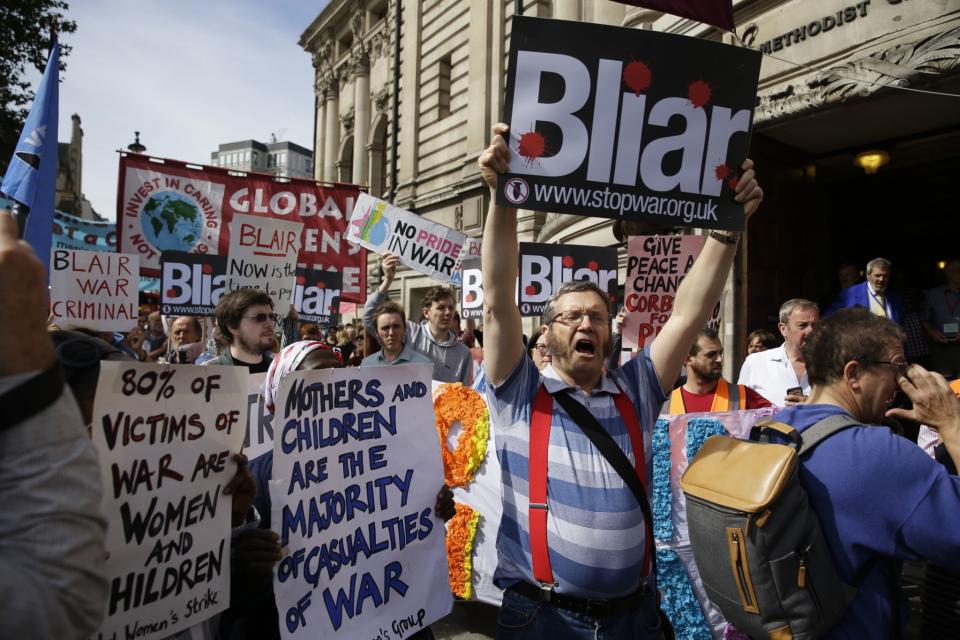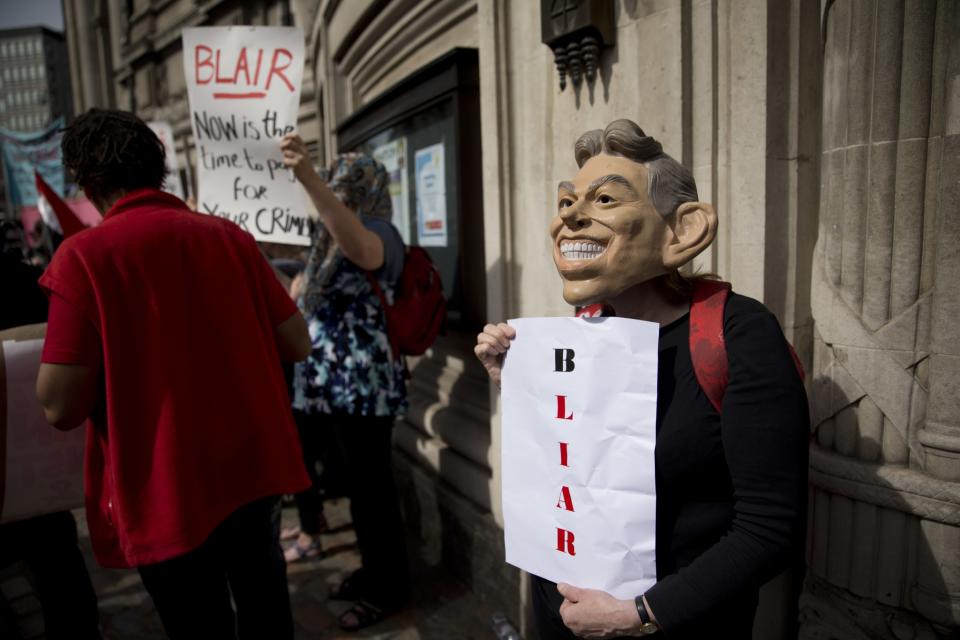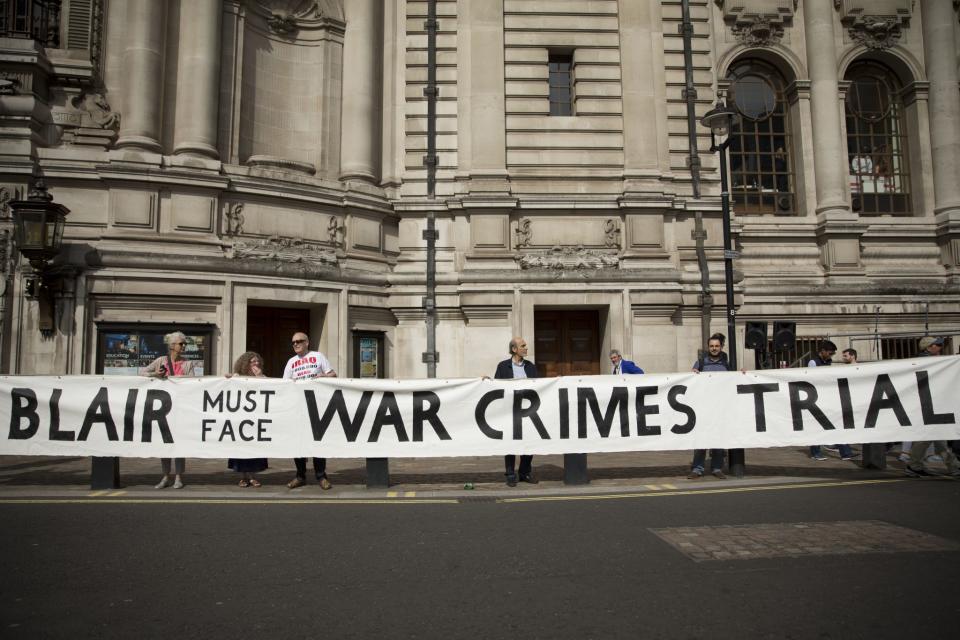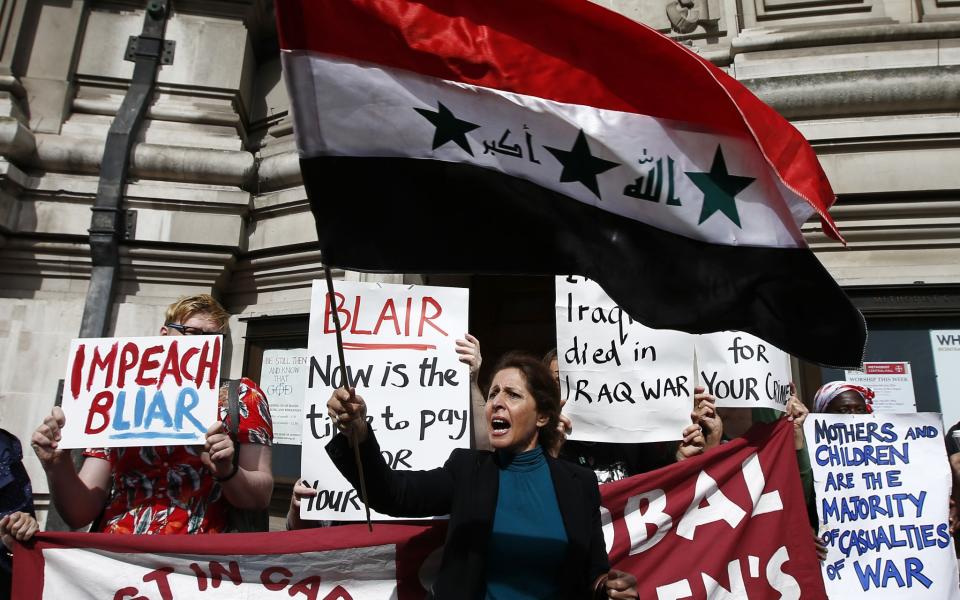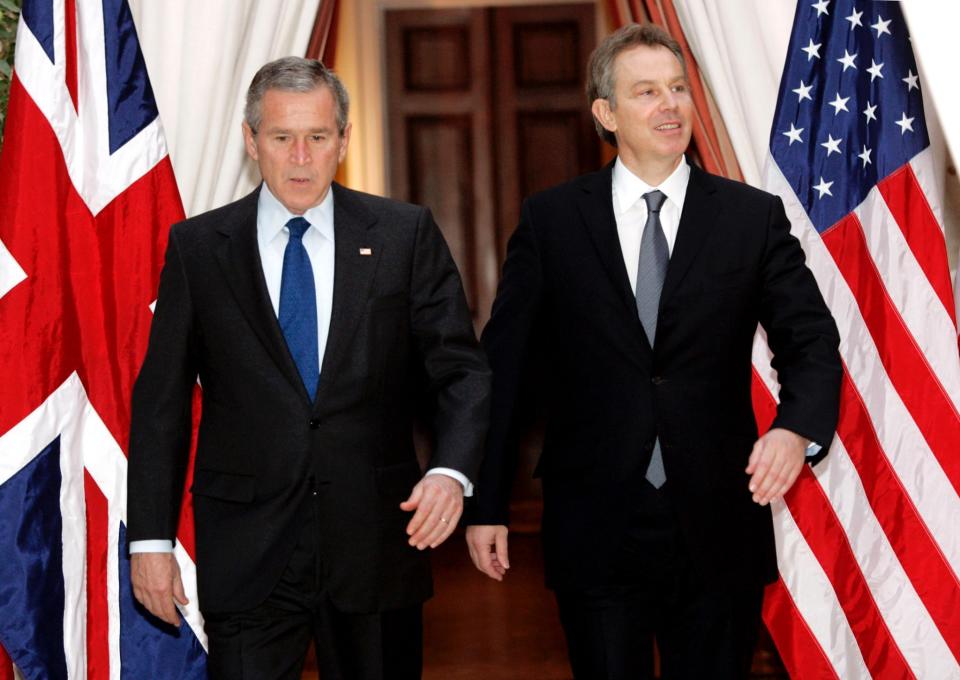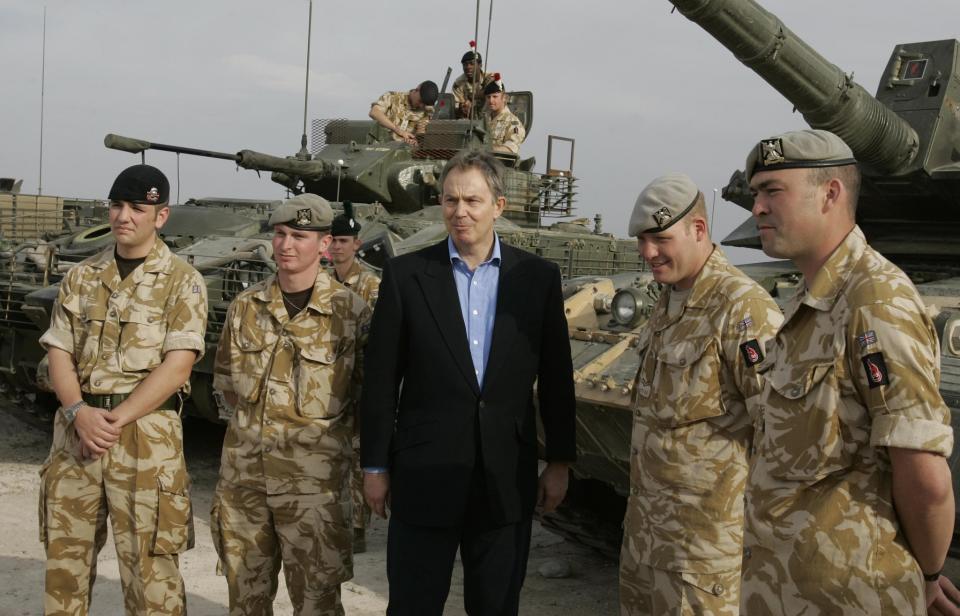The Chilcot report on Britain’s role in the Iraq War
Former British Prime Minister Tony Blair took his country into a badly planned, woefully executed and legally questionable war in Iraq in 2003, according to the findings of a long-delayed inquiry into Britain’s role in the conflict.
The Chilcot report found that the decision to join the U.S.-led invasion was taken before all other options had been exhausted and on the basis of false intelligence.
Blair faced particular criticism after pledging to support U.S. President George W. Bush the year before the invasion “whatever” happened and failing to ensure “there was a flexible, realistic and fully resourced plan.”
More than 150,000 Iraqis had died by the time most British troops withdrew in 2009, and 179 British soldiers lost their lives. Iraq remains plagued by sectarian violence.
Responding to the report in a short statement, Blair insisted he had acted in Britain’s “best interests.”
“Whether people agree or disagree with my decision to take military action against Saddam Hussein, I took it in good faith and in what I believed to be the best interests of the country.”
Britain’s scarring experience in Iraq has made it deeply wary of committing ground troops to international military interventions in countries like Syria and Libya.
Unveiling the 2.6 million-word report, which took seven years to complete, inquiry chairman John Chilcot said it was “an account of an intervention which went badly wrong, with consequences to this day.”
More than 100 anti-war protesters gathered outside the conference center where the report was published, with many shouting, “Blair lied, thousands died” and “war criminal Tony Blair.” (AFP)
See more news-related photo galleries and follow us on Yahoo News Photo Tumblr.
